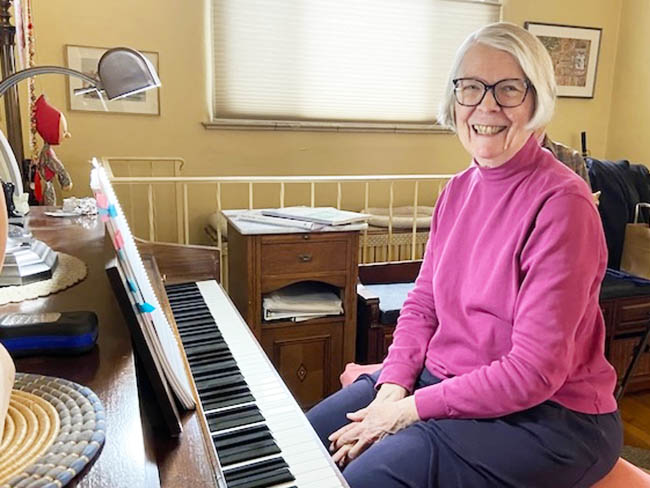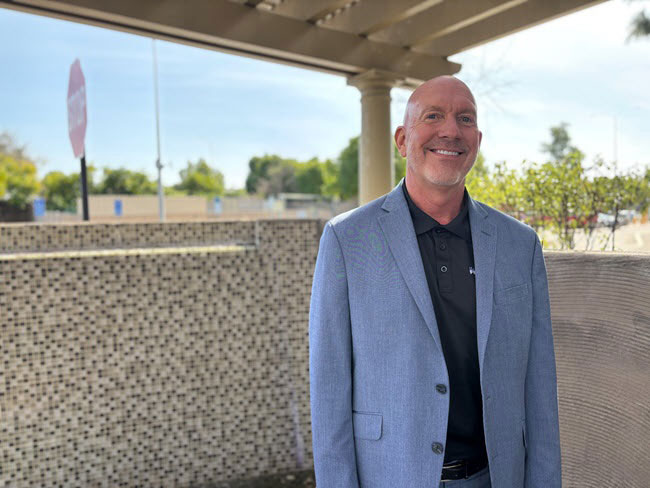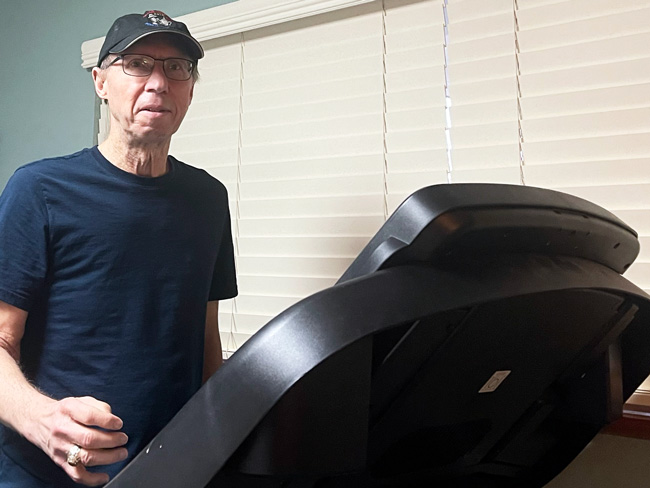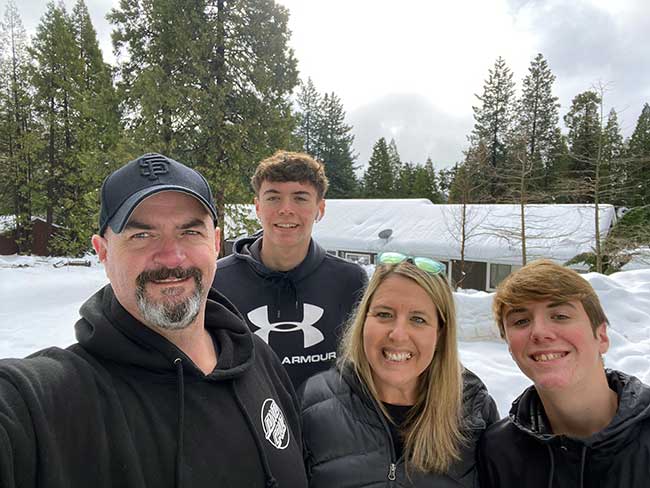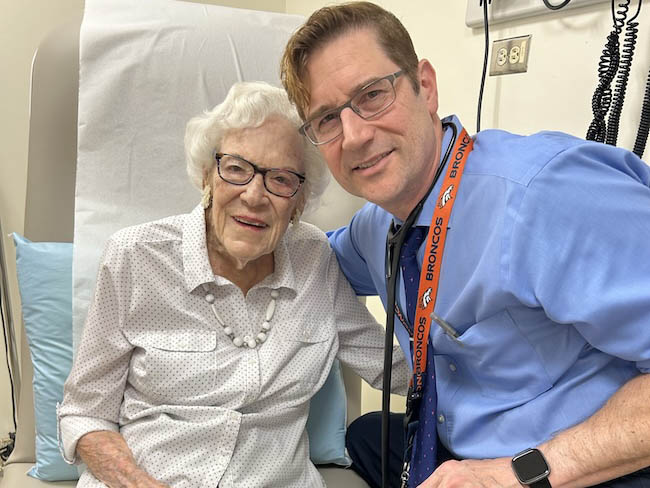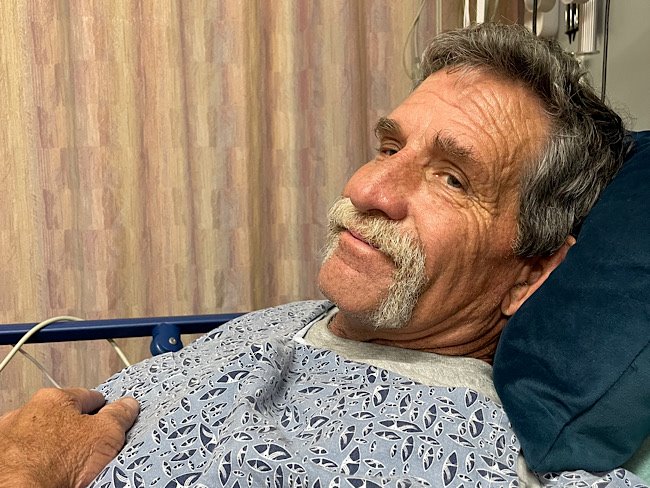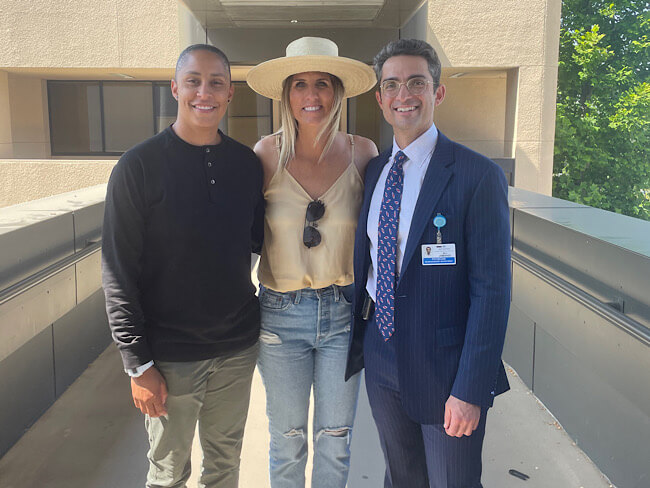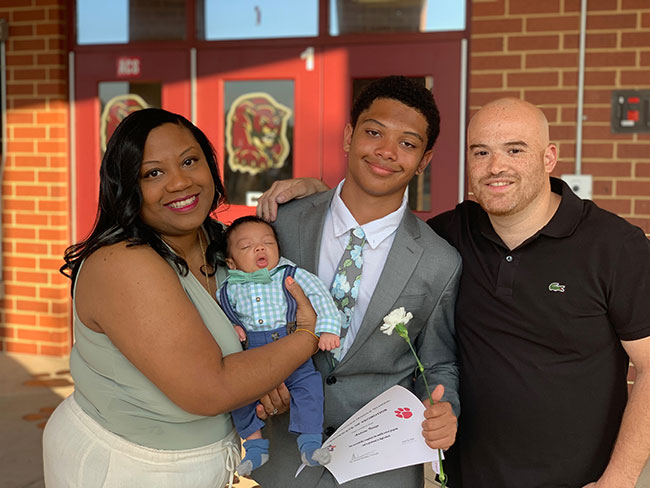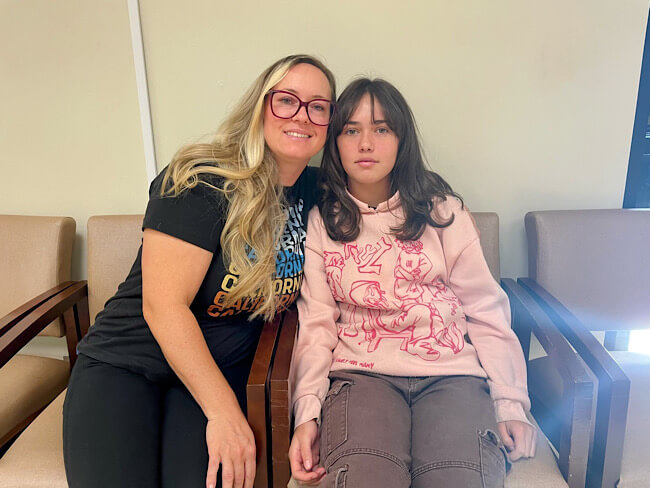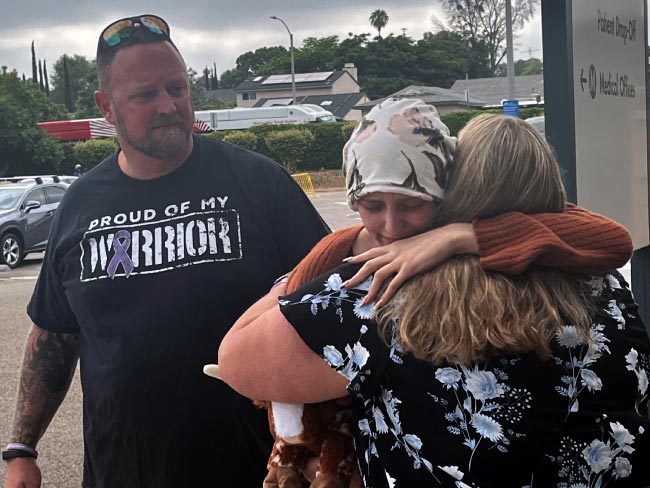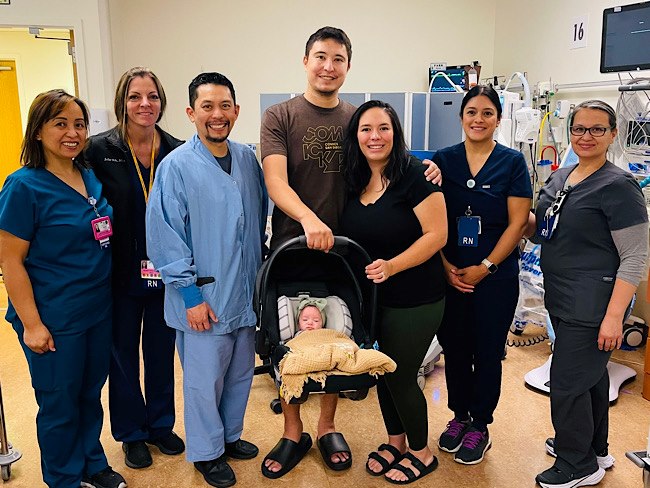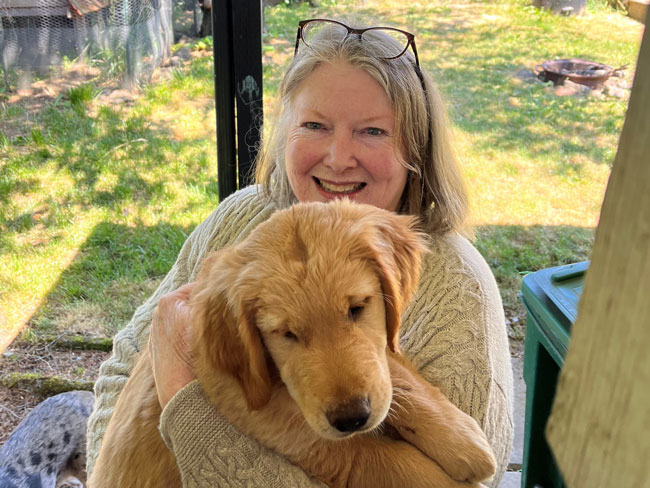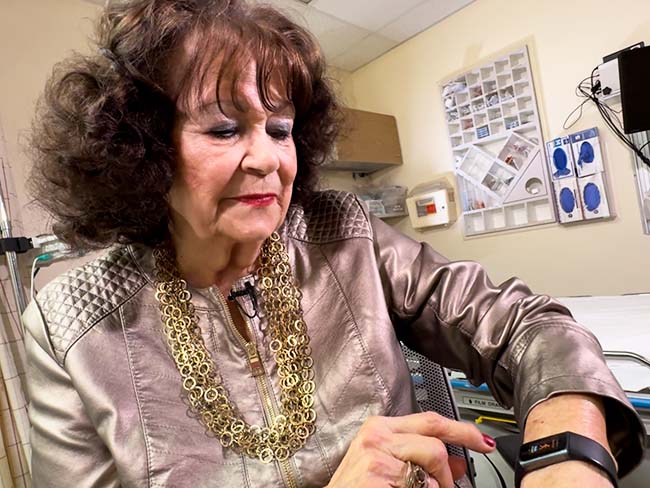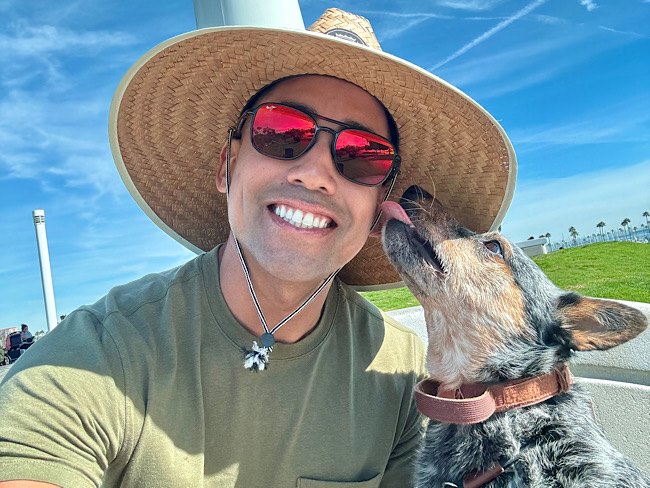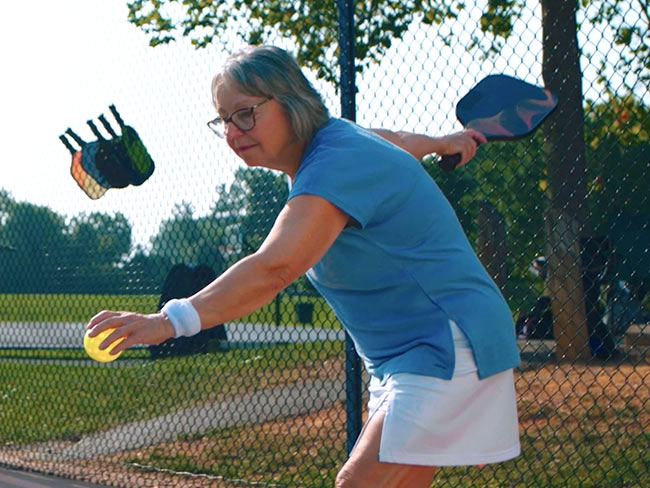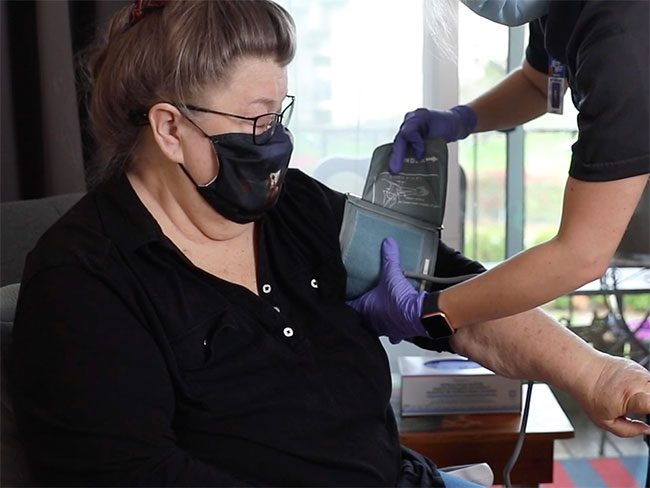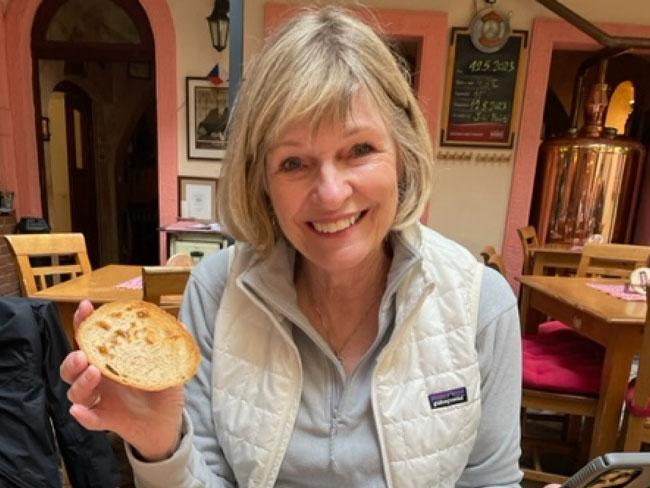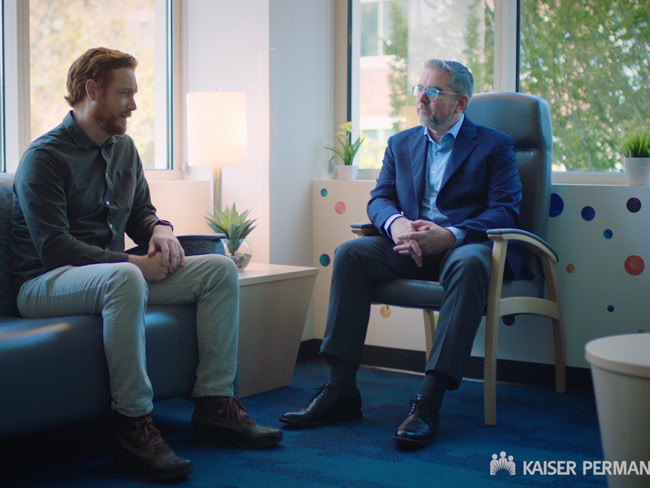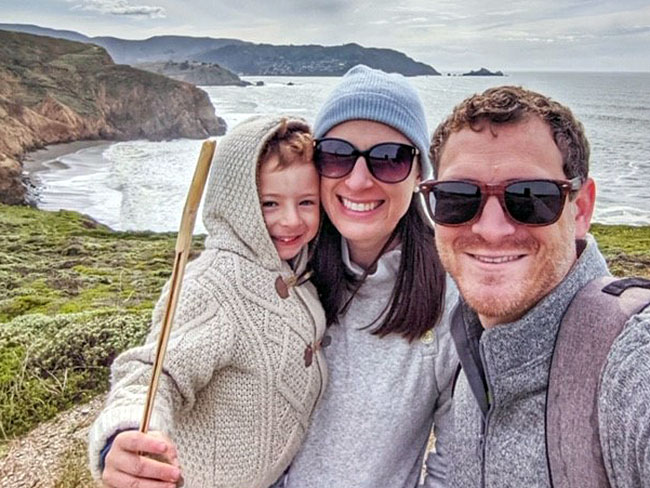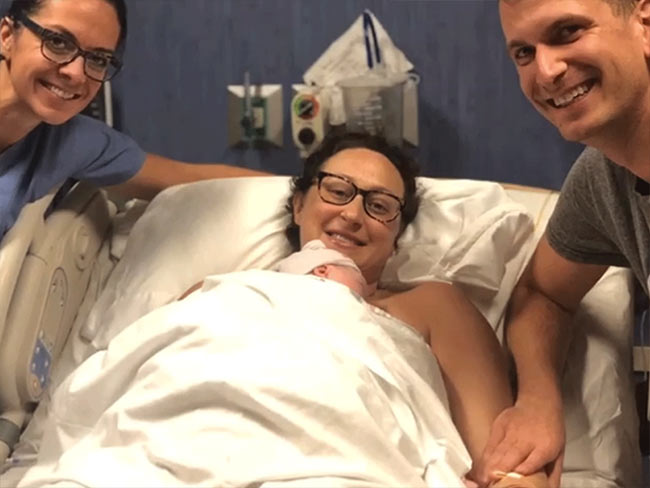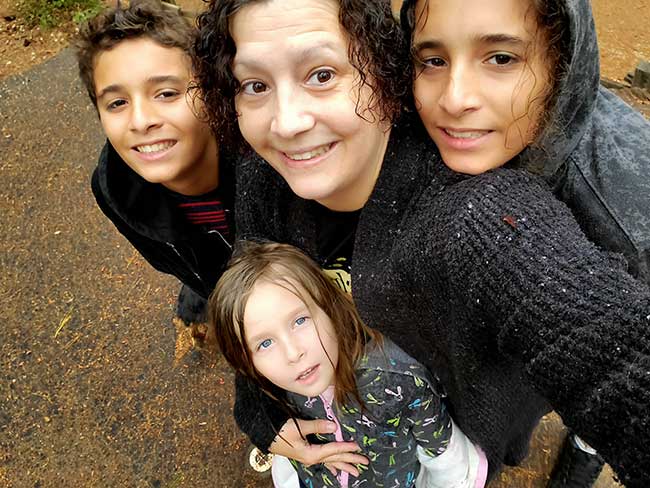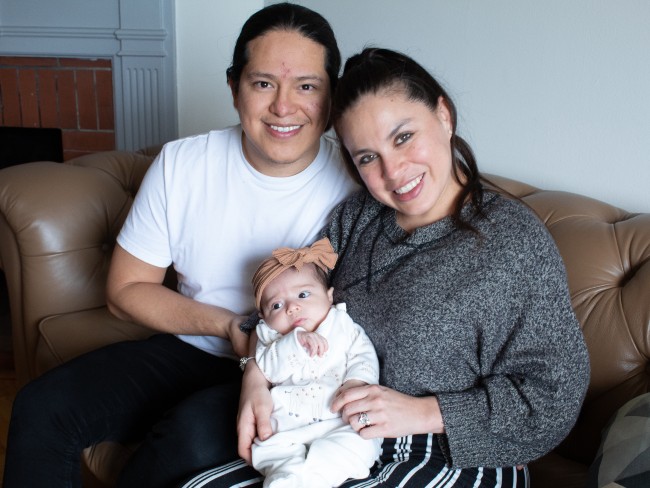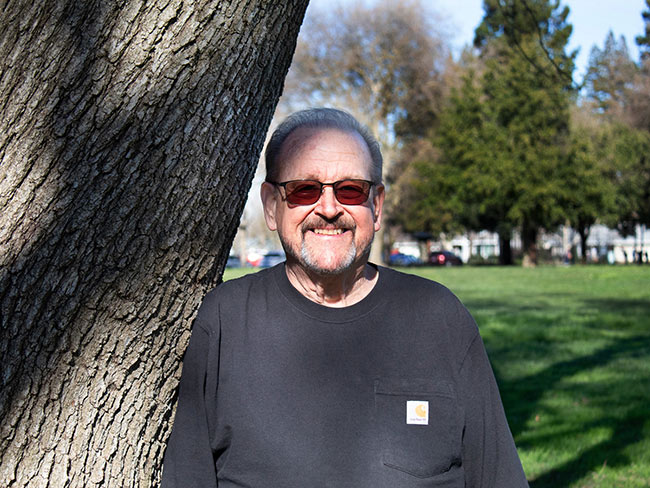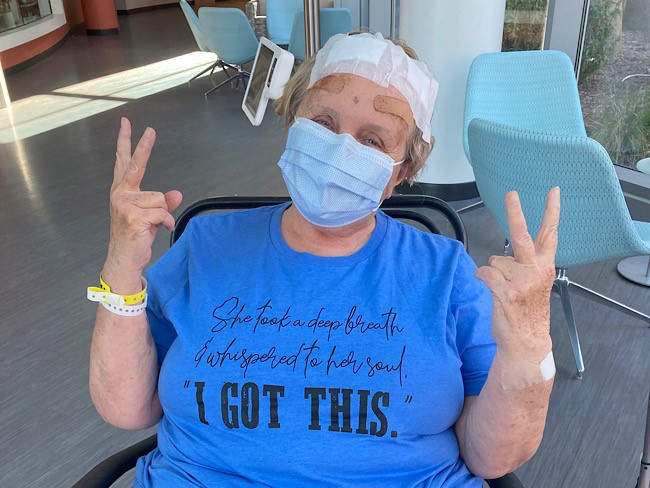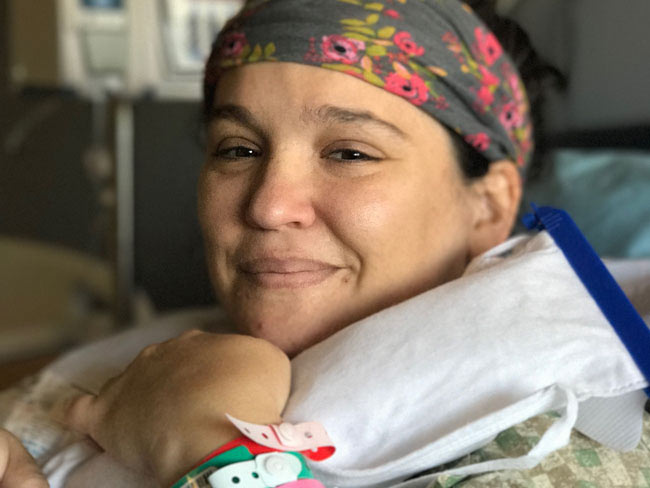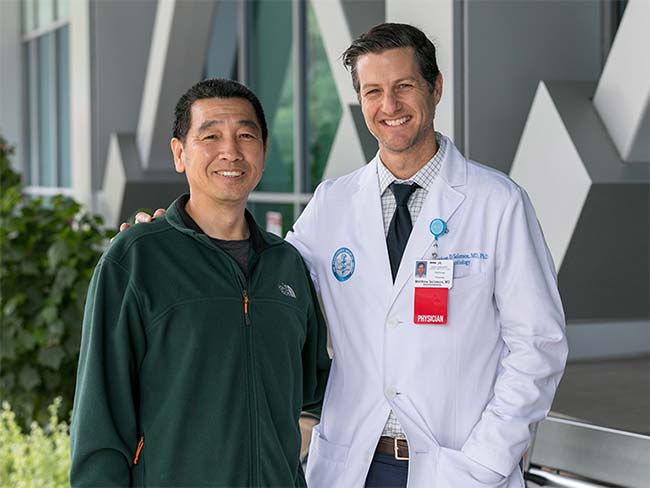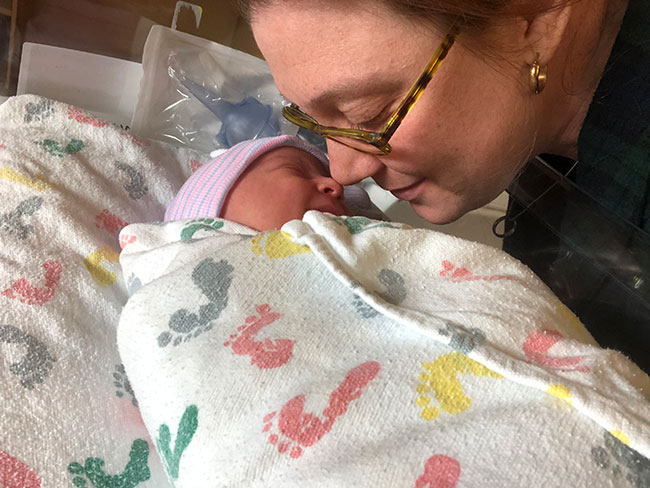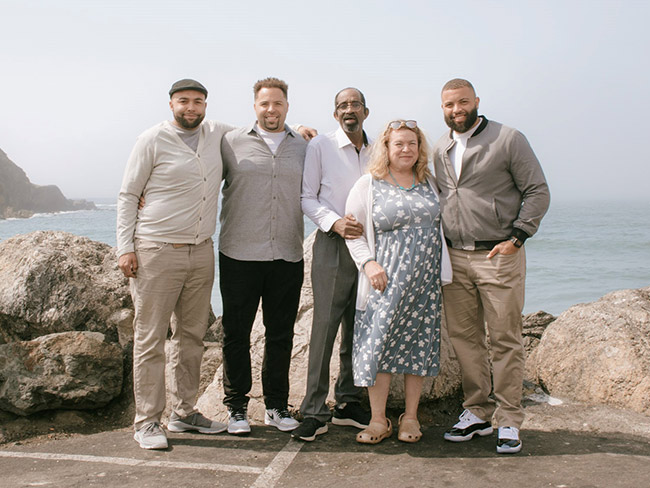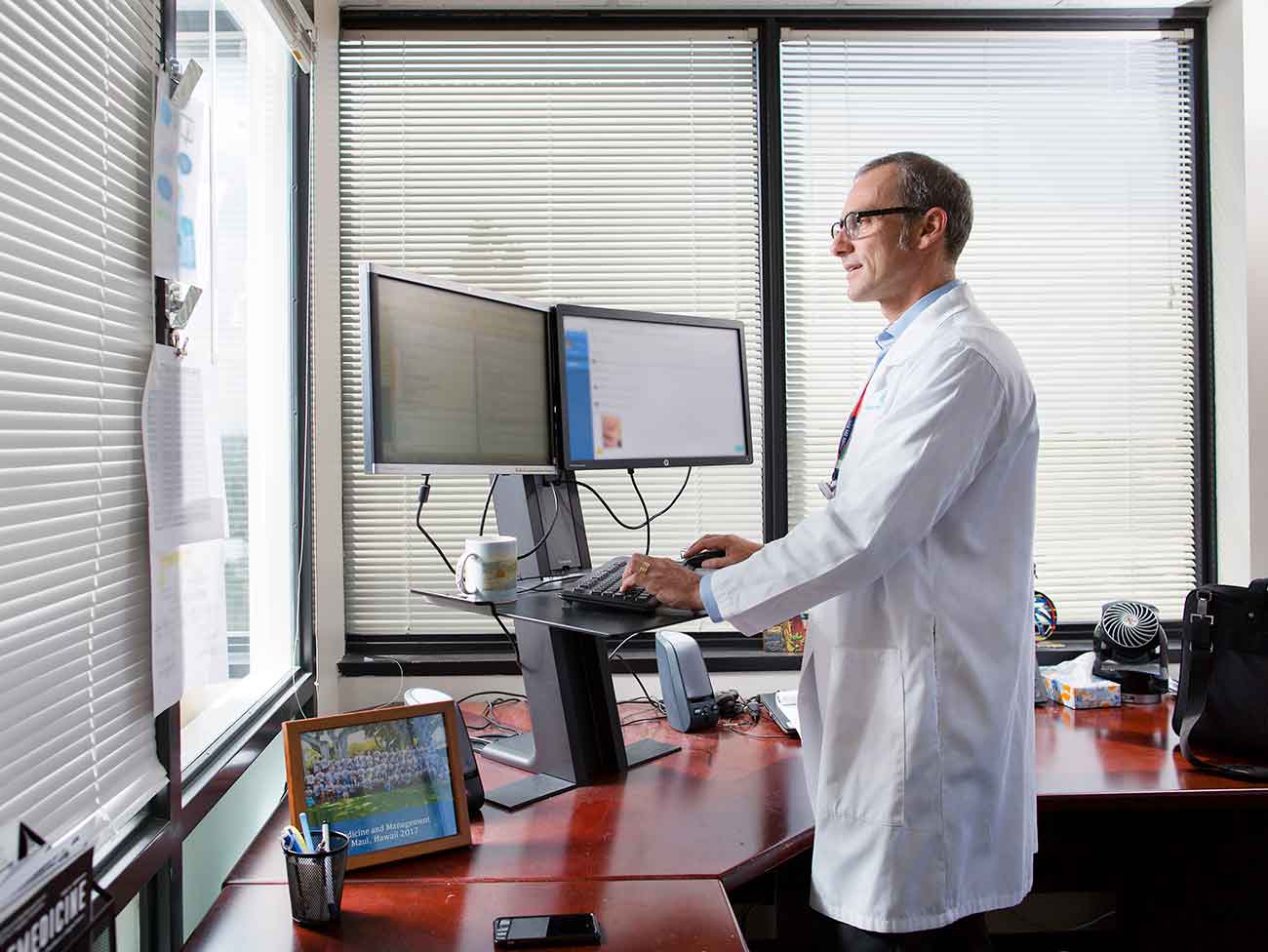Breast cancer survivor encourages early testing
Tasha Champion shares how early testing by her oncologist at Kaiser Permanente led to her diagnosis and recovery.
As an empowerment coach and speaker, Tasha Champion is passionate about helping other women and their families navigate the challenges of breast cancer.
Tasha Champion knew she had a family history of breast cancer.
Her mother was diagnosed with breast cancer in 1997 at age 37. In 2015, her mother was encouraged by her doctor to take the BRCA gene test, which looks for changes in genes called BRCA1 and BRCA2.
BRCA1 and BRCA2 are genes that help control normal cell growth. People who inherit a mutation in a BRCA gene have a greater risk of getting breast and ovarian cancers. Importantly, a BRCA gene test does not test for cancer itself.
Champion’s mother took the test and the result was positive. That prompted Champion, age 35, and her 2 sisters to take the test as well. All were positive for the gene mutation.
Double trouble
To reduce their risk of breast cancer, all 3 sisters elected to have a double mastectomy with reconstruction. But for 2 of them, it was already too late.
During Champion’s surgery, a mass was found, indicating that cancer was already growing. Champion was diagnosed with triple-negative breast cancer, an aggressive form of cancer that spreads more quickly than other types. According to the American Cancer Society, triple-negative breast cancer tends to be more common in women who are younger than age 40, who are Black, or who have a BRCA1 mutation.
Champion’s older sister was diagnosed with triple-negative breast cancer in the exact same way — during her elective double mastectomy — just 2 weeks earlier.
Reena Vora, MD, chief of oncology for Kaiser Permanente in San Bernardino County, has been Champion's physician since her diagnosis. “It is not uncommon to have multiple family members diagnosed with breast cancer,” said Dr. Vora. “But it is uncommon for it to happen 2 weeks apart. In this case, they all underwent testing at the same time.”
Champion and her sister each had to undergo chemotherapy due to the aggressiveness of the breast cancer. Fortunately, neither needed radiation treatment.
“As much as no one wants to be diagnosed, it was a gift,” said Champion, reflecting on going through treatment with her sister. “We did it side by side. We encouraged and supported each other.”
Champion is also grateful for the care they both received — not only throughout their treatment but beginning with the BRCA gene testing. “Without Kaiser Permanente’s proactive testing, we might not even be here today,” she said.
A force for change
Today, both sisters are doing well. Since her recovery, Champion has found her purpose writing and coaching others. “Speaking about my story is what I do and love,” she said. “Sharing my story has become a passion. The more I share, the closer we get to more people getting tested.”
Champion, together with Dr. Vora, appeared on the “Good Day LA” morning news show to share about her journey and encourage other women to get screened early, especially if there’s a known family history of breast cancer.
Dr. Vora recommends that women should undergo a formal risk assessment for breast cancer at age 25, and those with an average risk of breast cancer should get a mammogram every 1 to 2 years beginning at age 40.
“Tasha is a great example of how even with aggressive forms of breast cancer, such as triple-negative disease, when detected in the early stage, it’s possible to have a great prognosis and outcome,” she said.
Learn more about screening for breast cancer.

